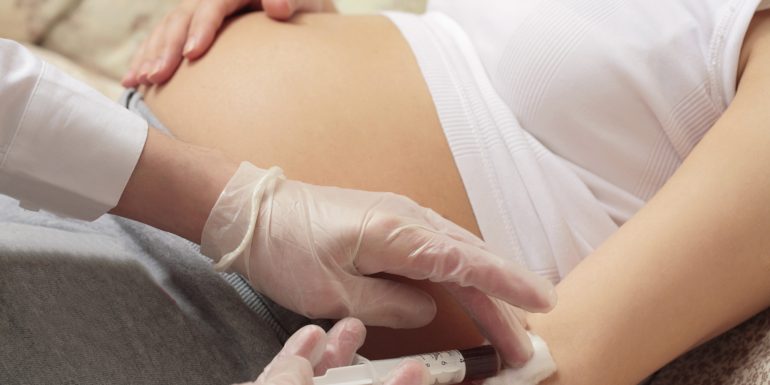Scientists in the US have tried it successfully the first blood test, which is able to accurately predict the risk of a pregnant woman having a miscarriage or giving birth prematurely. In some cases, it can predict whether a woman who is just one week pregnant will miscarry!
About one in six pregnancies ends in miscarriage, while in many other cases the baby is born several weeks premature, which increases the risk to his future health. The new test will help doctors detect traces of serious medical problems in the mother or fetus in time, so that they have enough time to deal with them.
His researchers Laboratory of Reproductive Medicine and Immunology, San Francisco and the clinic Care Fertility, made the announcement at the annual conference of the American Society of Reproductive Medicine in San Antonio, Texas, according to the British Times and the Independent.
U.S.A. researchers have found that immune cells around the mother's placenta release a distinct chemical "signature" into the bloodstream during the early stages of a dangerous pregnancy. The test, which occurs within the first trimester of pregnancy, can "catch" these molecular signals (microRNA) and then, based on them, make relevant predictions about how the pregnancy will develop.
Four separate tests on a total of 160 pregnant women in the developing test (which has room for further improvement) showed that it has almost complete accuracy (98%) in predicting a premature birth, 92% in predicting a premature birth, 92% in predicting a abortion and 91% in predicting a future preeclampsia.
Although research into the test is ongoing, such success rates are considered unprecedented and higher than any other similar prediction attempt in the past (eg, estimating the risk of a future miscarriage by measuring a hormone). Today such tests are performed after the first trimester of pregnancy.
Other experts, however, seemed more cautious, noting the small number of women in whom the test was performed, so they said they were waiting for its value to be confirmed in larger clinical trials. In any case, the test is not yet ready for clinical use.
(With information from RES-ICU)
Source: HuffPost
